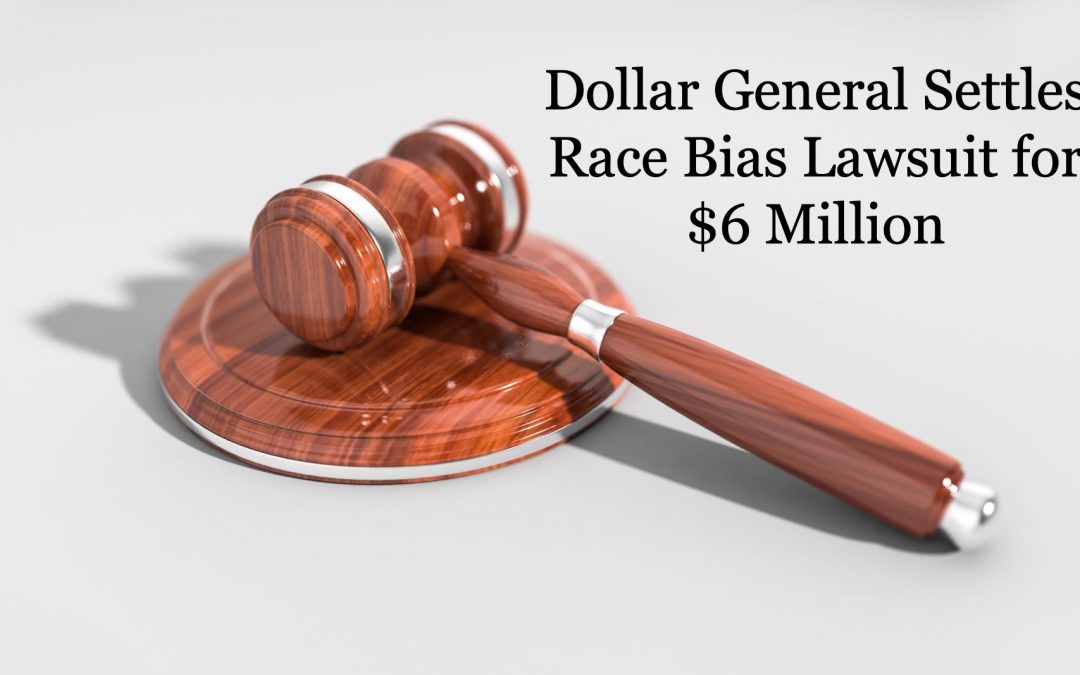Case Facts:
EEOC’s lawsuit has reported that Dollar General, a popular retailer in the United States, is currently under fire for discriminating against African Americans seeking hire. Although both white and African Americans are failing criminal background checks, Dollar General is more forgiving towards the white applicants. This is a direct violation of Title VII of the Civil Rights Act of 1964 which prohibits discrimination in the hiring process. The EEOC recorded suit in U.S. Locale Court for the Northern District of Illinois in Chicago (EEOC v. Dolgencorp LLC d/b/a Dollar General, Civil Action No. 13 C 4307), after trying to receive a settlement through the conciliation process. A three-year consent order used to mediate the conflict, signed by Andrea Wood, requires Dollar General to compensate $6 million towards a settlement fund. These funds will be distributed through an EEOC claims process to African Americans who were wrongly deprived of employment with Dollar General between 2004 and 2019.
Remedy:
If Dollar General continues to run criminal background checks during the consent order, the retailer is required to hire a criminology consultant to create an advanced criminal background check. The new background check must take into consideration the time since conviction, offense count, the nature and gravity of the said offense, and the risk of recidivism. After these factors are thought out, the decree restricts Dollar General from incorporating criminal background checks into their hiring processes. In addition, Dollar General strictly prohibits discouraging potential hires with criminal backgrounds from applying, engaging in retaliation, or discriminating on the basis of race through the use of criminal history checks. This newly placed decree also demands Dollar General to update the reconsideration process. This process is used when a rejected applicant requests reconsideration upon the significance of their crimes, or convicted crimes. The company’s reconsideration of these convictions has to include clear communication to the applicant so they can provide Dollar General with the necessary information that supports them.
Moving Forward:
The retailer also has to provide reports to the EEOC regarding the implementation of additional criminal history checks or reconsideration process documents. Gregory Gochanour, regional attorney for the Chicago District EEOC believes the case is extremely important because “Dollar General is not just providing relief for a past practice, but for the future as well”, and if they plan on integrating criminal history into the hiring process again, “it must retain a criminologist to develop a fair process. Unlike other background checks based on unproven myths and biases about people with criminal backgrounds, Dollar General’s new approach will be informed by experts with knowledge of actual risk.” Gochanour isn’t the only one who feels this way. EEOC District Director of Chicago adds that due to the racial discrimination in the American criminal justice system, “use of criminal background checks often has a disparate impact on African Americans. This consent decree reminds employers that criminal background checks must have some demonstrate business necessity and connection to the job at issue.” In August 2018, a federal appeals court granted over $277,000 to a former diabetic Dollar General employee who was previously fired for drinking orange juice to combat low blood sugar. Dollar General serves as an example of the injustice served through hiring processes. Disparaging certain individuals of employment can result in reputation damage and potential lawsuits.
eGuarded’s response to this case:
The use of criminal background checks is a valuable tool when making a hiring decision. The background check can, however, be misused, misunderstood and misinterpreted when evaluating an applicant for employment. An employer should have a clear understanding of the decision-making policy when applying the information on a background check.


